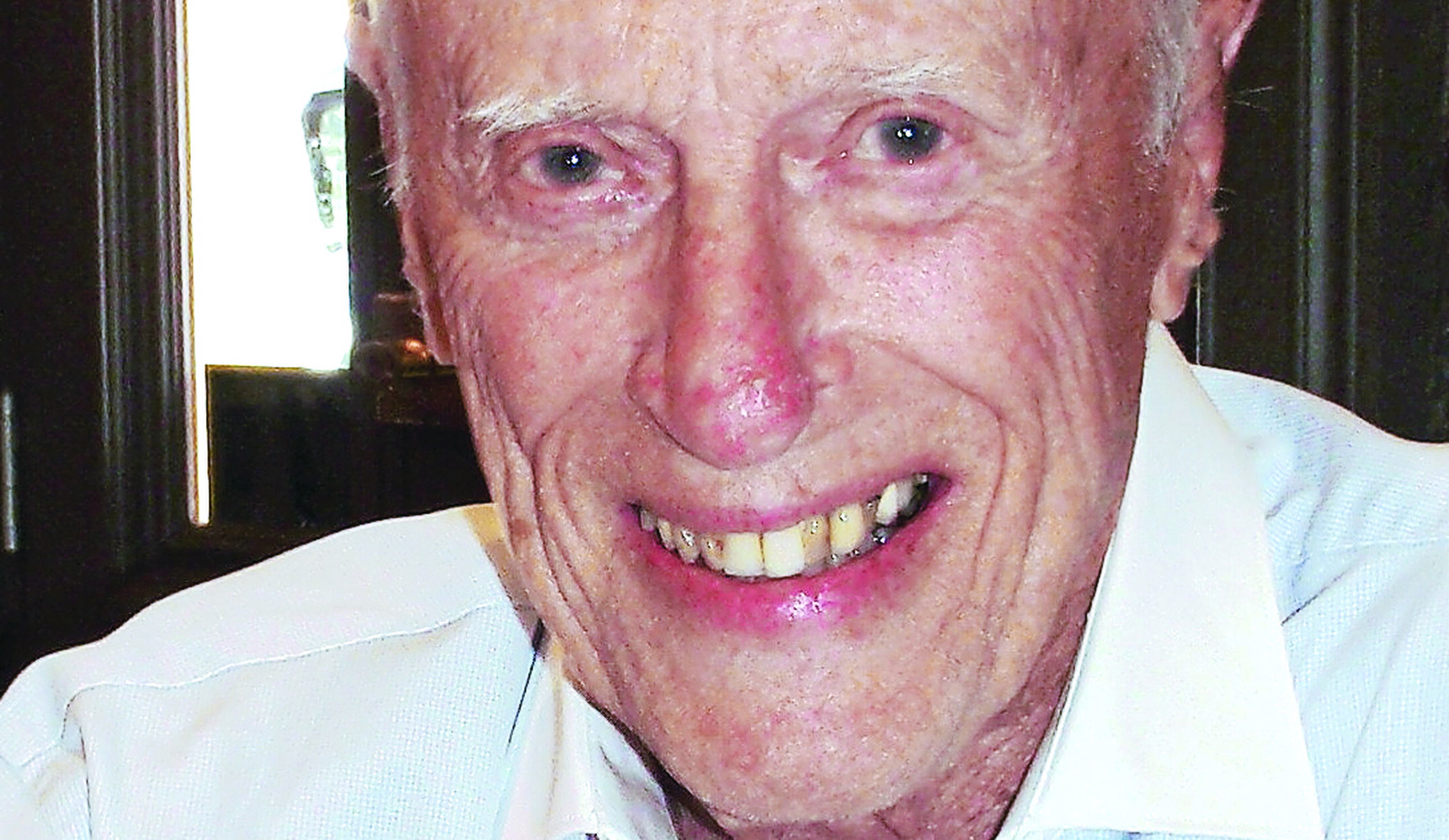6 November 2020
Trenches that we dug as King’s students with the help of families and friends zigzagged across our former playground from an area a few metres east from Wright Hall. We’d also built a sandbag-covered air raid shelter near where now stands the memorial to former King’s old scholar and teacher, famed newspaper cartoonist Michael Atchison. It was my job as a prefect to help staff organise prep school boys for air raid drills.
Those were fearful days. In February 1942 more than 240 Japanese aircraft bombed and strafed Darwin and destroyed two major northern airfields in the largest single attack ever mounted by a foreign power on Australia. Subsequent air attacks virtually levelled Darwin. In May and June of that year Japanese submarines sank ships docked at Newcastle and in Sydney Harbour. Also in May 1942 allied aircraft and warships defeated the Imperial Japanese Navy off Australia’s north-east coast in the major Pacific sea battle of the war.
If that Coral Sea battle had been lost, and if Australia’s Armed Forces had not been able to prevent the enemy from crossing New Guinea’s Owen Stanley Range and capturing Port Moresby, Australia would have been invaded from the north and the east by the Japanese.
Because so many male members of our families were in the armed services (my father was in the AIF for all 6 years of the war), my mother and the mothers of many King’s boys volunteered as Air Raid Precaution (ARP) Wardens. When an air strike destroyed Adelaide’s telephone and radio networks, those of us who were Scouts were asked by the ARP authorities to train as bicycle despatch riders and signallers for deployment at police stations and other designated ARP command centres. In the aftermath of a simulated air raid as part of a city-wide competition to find Adelaide’s most efficient Scout Patrol of despatch riders and signallers, Eagle Patrol of King’s College Scout Troop was among the top five performers. (I succeeded Wilf Webster as Eagle Patrol Leader when he left King’s to enrol in the RAAF. At the age of 20 he went on to be captain of the seven-man crew of a Lancaster aircraft in bombing raids over Germany.)
This was a time, some 30 years before King’s College and Girton Girls’ School amalgamated to become Pembroke School, that a limited co-education trial was forced upon us. I thought it went extraordinarily well!
During the war staff shortages made it necessary for some senior students to study at both schools. Girton girls studied Science subjects at King’s and a few schoolmates and I went to Girton for French conversation classes conducted by the glamorous wife of a French freedom fighter (who’d been unable to accompany her when she escaped from German-occupied France.)
There were also Netball matches between King’s and Girton. Often the girls’ speed and court craft left us flatfooted; yet I don’t remember us ever losing a match. Our winning strategy was the use of slow, high-arching passes that allowed us to maintain possession of the ball for most of the time, our marking ability as footballers exceeding our opponents’ aerial skills.
In all intercollegiate sports we at King’s generally punched above our weight. In Cricket we had some great help—Clarrie Grimmett, perhaps the greatest slow bowler ever to wear the baggy green (he was arguably better than Shane Warne), gave coaching sessions to the King’s First XI players; and Howard Mutton, who played for us then as a student, subsequently coached other First XIs and went on to captain South Australia.
There were many and varied handicaps to school life during the war years at King’s. These included dealing with dreadful accounts of former schoolmates, and family members of students, who were killed, wounded or otherwise suffered beyond belief, particularly as prisoners of war of the Japanese. Yet we were beneficiaries of an extraordinarily broad, quality education in the Humanities and Science.
I’m 93 years old as I write this, blessed with faculties enabling me still to be acutely aware that I owe so many of the joys of my entire working life to D.D. Harris, my English master. He told me and my other classmates that if we could learn to write intelligible sentences we could take our writing wherever we chose to take it—and he was right. Mine has taken me to places to do stuff, meet people and in short have wonderful experiences that no amount of money could buy.
How incredibly fortunate am I to have been a student at King’s College.
Jonathon Stone
(1945)


